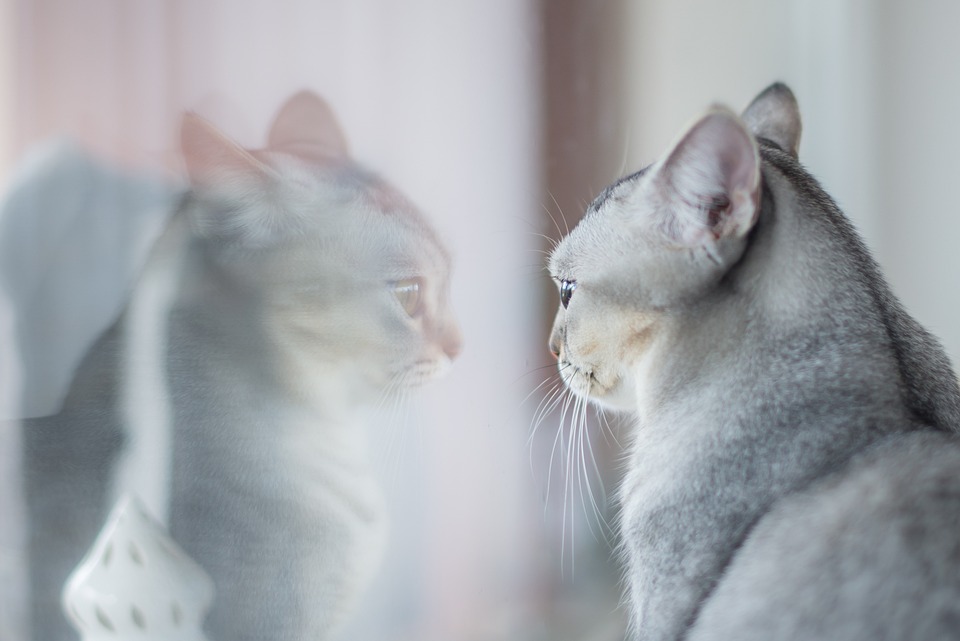Excessive vocalization is a common concern among cat owners, but understanding the causes, symptoms, and solutions can help address this behavior and improve the well-being of your feline companion. In this article, we have explored the various reasons behind excessive cat vocalization and provided effective solutions to tackle this issue.
Excessive vocalization refers to a cat’s continuous and heightened vocal expressions that go beyond their normal communication needs. While some meowing is normal, excessive vocalization can indicate underlying issues that require attention. Some common causes of excessive vocalization in cats include attention-seeking behavior, medical conditions, stress and anxiety, aging, and certain cat breeds that are naturally more vocal.
To recognize excessive vocalization in your cat, look out for symptoms such as excessive and persistent meowing, changes in the volume, pitch, or frequency of vocalizations, vocalization during inappropriate times, signs of distress or discomfort accompanying the vocalization, and loss of appetite or other behavioral changes.
To address excessive vocalization, it is important to rule out any underlying medical causes by consulting with a veterinarian. If medical conditions are identified, they should be treated accordingly. Environmental enrichment, such as providing stimulating toys, scratching posts, perches, and hiding spots, can help keep your cat mentally and physically engaged.
Regular play and exercise are also essential to reduce anxiety and pent-up energy. Establishing a regular daily routine for feeding, playtime, and sleep can provide cats with predictability and structure. Positive reinforcement, through rewards, treats, and affection, can be used to encourage calm behavior and reduce excessive vocalization.
Additionally, spending quality time with your cat, offering them attention, affection, and reassurance, can address any underlying emotional issues. If the excessive vocalization persists or worsens despite your efforts, it may be helpful to seek assistance from a professional animal behaviorist or cat trainer.
In conclusion, excessive vocalization in cats can be indicative of underlying issues that require attention. By understanding the causes, recognizing the symptoms, and implementing effective solutions, you can help your cat find relief and create a harmonious living environment. Remember, patience, love, and professional guidance can go a long way in addressing excessive vocalization and strengthening the bond you share with your feline companion.








